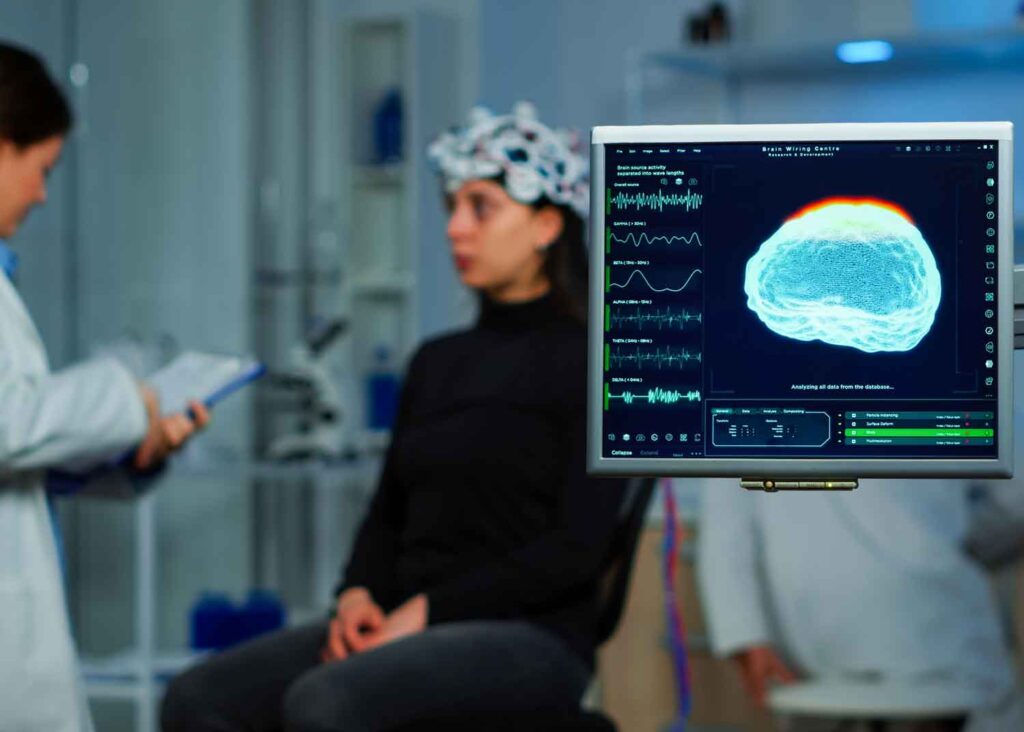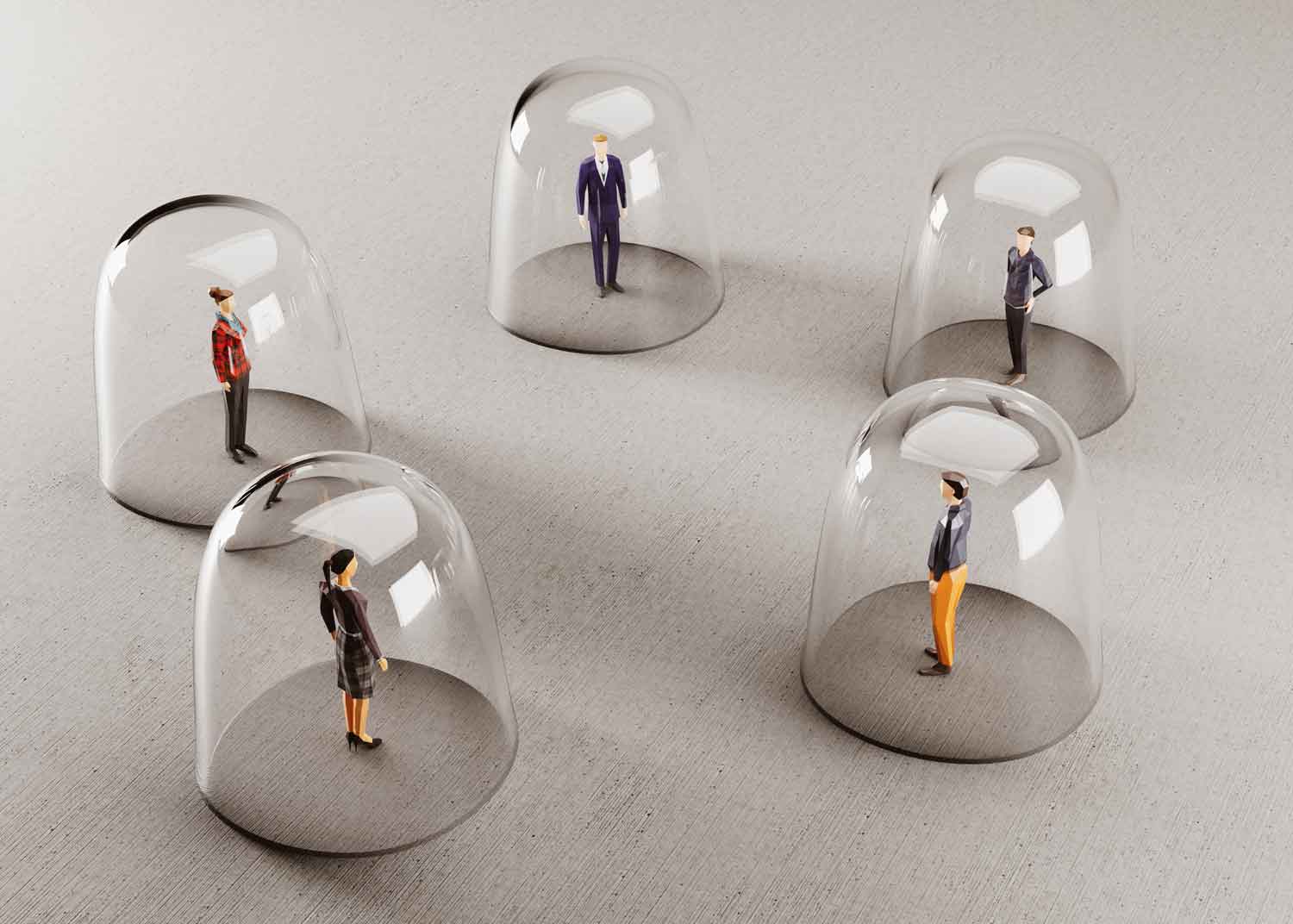People often generalize and interchange the terms “Brain” and “Mind”. They are related, but they are 2 separate entities. Optimizing people performance requires them to be fully understood as separate entities, but also understanding their interconnectedness. When identifying and training leaders, it is critical they understand the difference and the relationship between the mind and brain.
Mind
- Mind is energy; generates energy through thinking, feeling, and choosing
- When you think, you will feel, and when you think and feel, you will choose (three aspects always work together)
- mind energy builds thoughts
- works through the brain, but separate from the brain
- uses the brain: brain responds to the mind
- stream of nonconscious and conscious activity when awake
- stream of nonconscious activity when asleep
- changes the brain: “neuroplasticity”
- cellular matter: morph and mould in response to the environment
- grows/changes structures in the brain, building or wiring new physical thoughts
***Mind is our aliveness
***Physical brain and body useless without the mind

Brain
*People choose their actions—brains do not force them to do anything
- Brain is a physical organ.
- needs to feel in control (survival mode), otherwise constantly stressed
- influences intelligence, problem solving, memory function, innovation, and creativity
- High stress = brain functions at lower, more instinctive, and reflexive level
- socially wired: needs to be in presence of other brains to fully function
- social pain: affects brain similarly to physical pain
- memory of social pain lasts longer
- lack of being understood leads to social pain
- responds to person’s stream-of-consciousness and nonconscious activity
- responses are highly subjective correlating to perceived value for the individual
- respond stronger to negative emotion/stimuli than to positive/happy stimuli
- distinct circuits correlate with higher order cognitive processing
- specific brain areas activated when people given creative or innovative task
- correlates with cognition such as reflective thinking and decision making
- changes with every experience and every moment of every day (neuroplasticity)
****Neuroplasticity ensures infinite potential for people (Leaders) to learn/ change thinking patterns, behaviours, emotional reactions
Leadership skills linked to the brain:
- analytical skills
- emotional reactions
- depression, stress, anger, and anxiety work for you not of against you
- relationship building
- communication skills
- ability to change
- creative thinking
- understanding others
- empathy
- overall influence and persuasion power
At Soteria Alliance, we implement the science of Psychology to optimize the potential of people. Our approach is customized based on your people, vision, and culture!
Go beyond the “boxed” approach to leadership development…..implement Soteria Alliance’s customized approach to people optimization!



